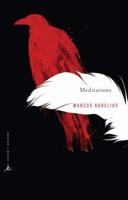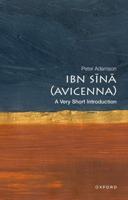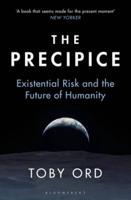Publisher's Synopsis
The present volume is an attempt to prepare the ground for a convincing exposition of the strong points of Scholastic Cosmology. The main difference between it and most contemporary treatises on the same topic is a more generous usage of the historic method in the treatment of metaphysical problems: a revival, as the Introduction points out, of the precept and practice of Aristotle and St. Thomas.
The introductory chapter deals with four preliminary topics: the origin in ancient Greece of Science and Philosophy - as synonyms; the emergence in late sixteenth century Europe of Natural Science and Cosmology - as irreconcilable rivals; the subsequent rectification of frontiers, and the resulting chasm nowadays between the ideals of the natural scientist and the cosmologist; the importance attributed by St. Thomas to Cosmology as a basis of Rational Theism. This Introduction is followed by four chapters on Greek Cosmology which explain the rise and the development of Aristotle's Cosmology. The next five chapters are devoted to an exposition of the complex speculative system reared on that Cosmology by the medieval Schoolmen under the leadership of St. Thomas, Scotus, and Suarez. A final chapter tells how this Cosmology was driven from the universities of Europe by the gibes of the Humanists, by anti-Aristotelian discoveries in Natural Science, and - above all - by the break of decadent Schoolmen with the best traditions of their forbears.
A second volume will be published to prove that the resumption, since the Leonine revival, of the older traditions of Aristotelian Scholasticism has resulted in a Scholastic Cosmology which is more in accordance with the assured results of modem science and modem philosophy than any of its contemporary rivals.









